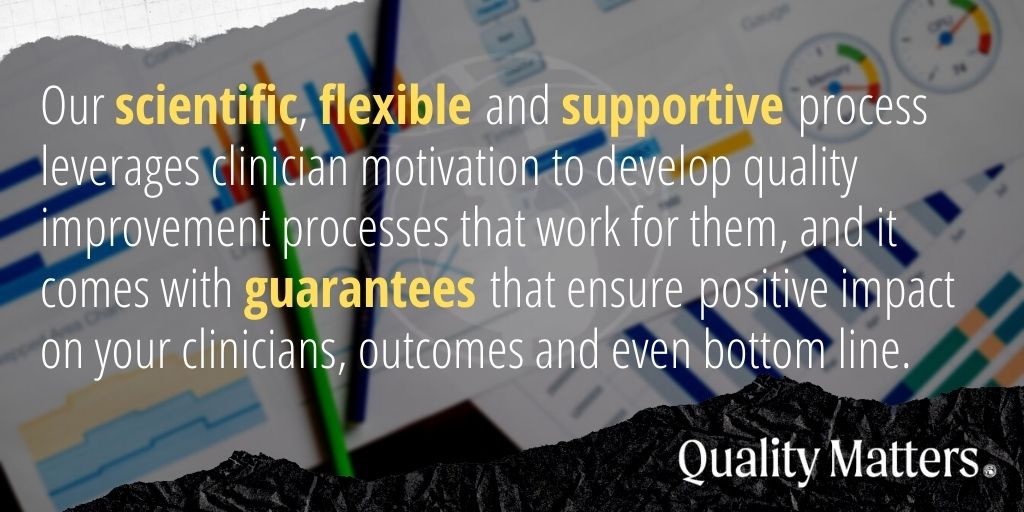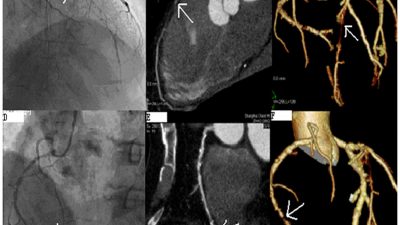In research literature of cardiology quality improvement initiatives, it is somewhat rare to find negative or null results—so rare, in fact, that some researchers suggest this “publication bias” might jeopardize the validity of research meta-analyses.
If non-results were shared in research literature more often, it would be clear that not all cardiology quality improvement initiatives are created equal—some, like this study of a quality improvement initiative aimed at improving heart failure outcomes, don’t achieve results.
But knowing what doesn’t work can be equally as impactful as knowing what does work—and more so, especially where literature paints a unrealistically rosy picture of quality improvement interventions, in general.
Where it seems like any intervention would probably move the needle, the decision-making algorithm for hospitals seems as simple as which initiative is the least expensive to implement.
But this equation is a mistake, especially when clinician behavior is a piece of the quality improvement puzzle. Non-results from additional time investment can have significant and lasting negative impacts on clinician motivation.
Particularly in a stressed healthcare system where initiatives may be viewed as unnecessary, additional burdens, it’s all the more important to gauge whether or not there will be a return on investment—a return on clinicians’ time and attention being as important as the monetary return, especially in terms of leveraging clinician motivation.

Cardiology Quality Improvement Initiatives That Work? Accreditation Has Guarantees.
At first glance, cardiology quality improvement initiatives that involve more intensive commitments of time and money may seem riskier, but taking clinician motivation into account, more significant investments with better guarantees of impact and success may be just what the doctor ordered.
Procedural, quality-focused third-party review and accreditation like that offered by Accreditation for Cardiovascular Excellence might not seem very different from other, outside-imposed quality improvement initiatives, but our scientific, flexible and supportive process leverages clinician motivation to develop quality improvement processes that work for them, and it comes with guarantees that ensure positive impact on your clinicians, outcomes and even bottom line.
Where not all quality improvement initiatives are created equal, and where clinician motivation is a key piece of the quality improvement puzzle, guarantees have enormous value to organizations—this is why industry-leading systems around the world are investing in elective, ACE accreditation not just for sites with lagging performance but for all of their sites.
“In the beginning, I was a little skeptical about the cost-benefit ratio [of ACE Accreditation],” says Dr. Timothy Ball of Carillion Clinic in Virginia. “I was concerned that we might be spending a lot of money with little input and little reward, however once we got started on the process, I realized that the rewards were far greater than were the costs.” Learn more, here.












